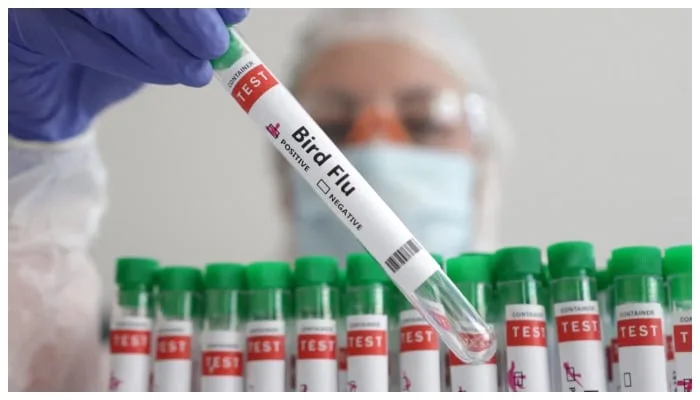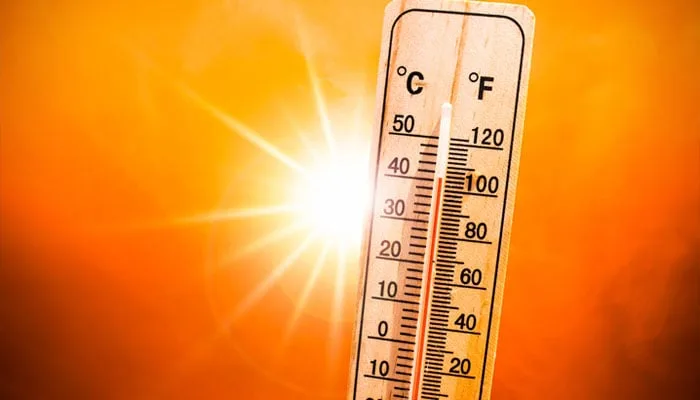The World Health Organization (WHO) has reported a tenfold increase in reported cases of dengue globally over the last generation, with climate change and the expanding presence of virus-carrying mosquitoes contributing to the surge. Dengue cases rose to a record 5.2 million in 2019, up from 500,000 in 2000, across 129 countries, although the actual toll is likely higher. This year alone, over five million cases and more than 5,000 dengue-related deaths have been reported.
In January, WHO identified dengue as a pandemic threat and the world’s fastest-spreading mosquito-borne disease. The changing distribution patterns of mosquitoes, higher rainfall, humidity, and heat associated with climate change, along with weaker health systems and poor surveillance, have contributed to the rise in cases. Dengue transmission is most prevalent in the Americas.
While there are vaccines and efforts involving specially bred mosquitoes containing the bacterium Wolbachia to combat dengue, there are no specific treatments for the virus once someone is infected. Warning signs of severe dengue include abdominal pain, persistent vomiting, bleeding gums, fluid accumulation, lethargy, or restlessness, and liver enlargement. Repeat infections can lead to severe disease, including hemorrhaging and death.
In 2023, the Americas, the Caribbean, and Bangladesh reported record numbers of dengue cases. Brazil, Argentina, Paraguay, and Peru in the Americas reported the highest number of cases worldwide, prompting Peru to declare a state of emergency in certain areas.
Although dengue is not established in Europe, isolated locally spread cases have been reported in the southern part of the continent since 2010. Two licensed vaccines for dengue are available, with experts recommending one for individuals who have previously been infected to avoid the risk of more severe disease.



